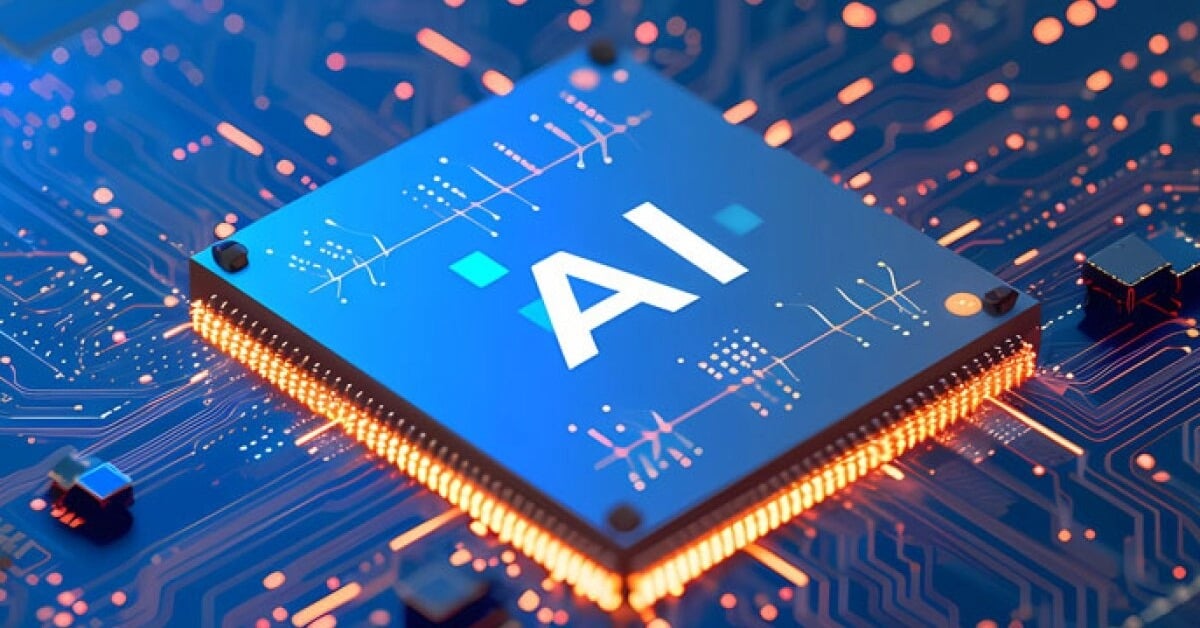At a government-industry forum, Economy Secretary Marcelo Ebrard unveiled Mexico’s plan to create a sovereign artificial intelligence language and become a Latin American AI innovation hub . . .

At a government-industry forum, Economy Secretary Marcelo Ebrard unveiled Mexico’s plan to create a sovereign artificial intelligence language and become a Latin American AI innovation hub . . .
